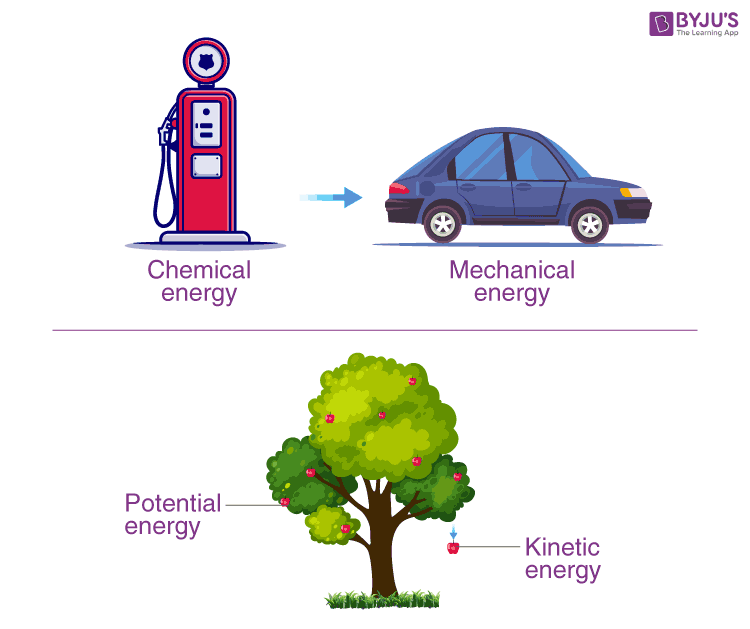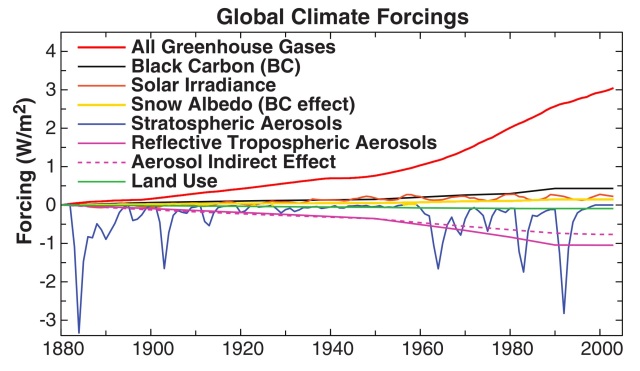What Does Conservation of Energy Mean? Understanding the Significance of Energy Preservation
The concept of energy conservation evokes numerous inquiries, perhaps leading one to ponder: How can we ensure that the energy we harness serves both present and future generations? This question invites us into the intricate world of energy preservation, dissecting its meaning and exploring its relevance in our contemporary society. The Law of Conservation of Energy states that energy cannot be created nor destroyed; it merely transitions from one form to another. This fundamental principle serves as a cornerstone of physics and illuminates various realms, including environmental sustainability and economic viability.
The necessity to grasp energy conservation extends beyond scientific curiosity. It catalyzes a global movement aimed at mitigating climate change, preserving natural resources, and promoting sustainable development. Given the pressing challenges of modern society—from erratic weather patterns to dwindling fossil fuel reserves—understanding the broader implications of energy conservation becomes imperative. This exploration into energy preservation could either inspire action or, conversely, challenge complacency.
The various dimensions of energy conservation become apparent as we delve deeper into its significance.
Unpacking the Principle of Energy Conservation
Energy conservation encapsulates a plethora of scenarios where energy is utilized wisely and effectively. The first aspect to consider involves the tangible forms energy takes: thermal, kinetic, potential, and electromagnetic, among others. Each of these forms is capable of transforming into another, echoing the Law of Conservation of Energy.
A quintessential illustration lies in our day-to-day activities, where energy undergoes frequent transformations. For instance, the energy we use to operate household appliances—electricity—transforms into heat within a toaster or becomes mechanical energy as a fan spins. The crux of conservation is not the elimination of energy usage but rather the reduction of wasteful practices. By employing energy-efficient technologies, we mitigate excess energy consumption, exhibiting responsible stewardship of our natural resources.
Another fascinating dimension is the interplay between energy conservation and sustainable practices. Harnessing renewable energy—such as solar, wind, and hydro—can significantly diminish our reliance on fossil fuels. When we adopt energy-efficient systems, we not only optimize our energy consumption but also curtail the environmental degradation associated with conventional energy sources.
Analyzing the Social Implications of Energy Preservation
Moving beyond the technical facets, conservation of energy possesses profound social ramifications. A shift toward sustainable energy practices will spur significant changes across various sectors, generating new employment opportunities, fostering technological innovation, and encouraging community engagement.
For instance, consider the burgeoning field of energy auditing. Professionals in this area evaluate energy usage in commercial and residential spaces, identifying inefficiencies and recommending improvements. This sector not only creates jobs but also fosters a sense of community responsibility. When individuals and organizations understand their energy consumption patterns, they can collectively address larger-scale environmental issues.
Furthermore, energy conservation propels us toward a more equitable society. Historically, energy scarcity has resulted in economic disparities. By advocating for policies that promote energy efficiency—such as subsidies for energy-saving technologies or educational campaigns—we lay the groundwork for inclusivity. Ensuring access to affordable energy solutions helps alleviate the burden on economically disadvantaged populations, bridging gaps of inequality.
Innovative Strategies for Energy Conservation
The journey toward rigorous energy conservation must encompass a blend of traditional knowledge and novel technologies. One of the foremost strategies involves improving energy efficiency within our homes, workplaces, and industries. Simple changes, such as utilizing LED light bulbs, installing programmable thermostats, and investing in energy-efficient appliances, can significantly reduce energy consumption. But why stop at the basics?
Smart home technology presents an exciting frontier in energy conservation. Voice-controlled systems that manage lighting, heating, and cooling optimize energy use without compromising comfort. Imagine an intelligent home that autonomously adjusts its energy consumption based on your daily routines—potentially revolutionizing the way we perceive and interact with our living spaces.
Moreover, integrating renewable energy solutions—such as solar panels or wind turbines—fosters self-sufficiency while lessening our carbon footprint. Not everyone, however, has immediate access to these technologies. Thus, advocacy for community-based renewable energy projects can play a pivotal role. By encouraging neighborhoods to pool resources for shared solar installations, communities can collaboratively harness clean energy and inspire broader consideration of energy conservation.
Facing Challenges in Energy Conservation
The onus is on individuals, communities, and governments alike to foster an environment conducive to sustainable energy practices. Societal engagement through educational initiatives and policy reform can illuminate pathways toward energy literacy. Only through intentional dialogue and collective action can we hope to cultivate a future where energy conservation is not merely an ideal but a palpable reality.
Reflecting on our relationship with energy reveals the profound impact of conservation on both environmental health and human well-being. As we navigate the complexities of our modern ecosystem, the challenge lies in intertwining energy efficiency with our global agenda for sustainability. Understanding the essence of energy preservation sets the stage for a sustainable future, where the echoes of accountability resonate across generations. To forge ahead, we must not only muse over questions of energy usage but strive for actionable solutions that contribute to a thriving planet. The time for energy conservation is now.



